After the passing of the Hate Crime and Public Order (Scotland) Act, many critics of the bill have publicly come out and claimed that Scotland is no longer striving to remain a free country. Some have even stated that the country is devolving before our very eyes.
This harsh criticism comes as the controversial act will come into force next month. The act has long been bashed, as many believe it will be used to stop one’s freedom of speech in different ways.
The Hate Crime And Public Order (Scotland) Act
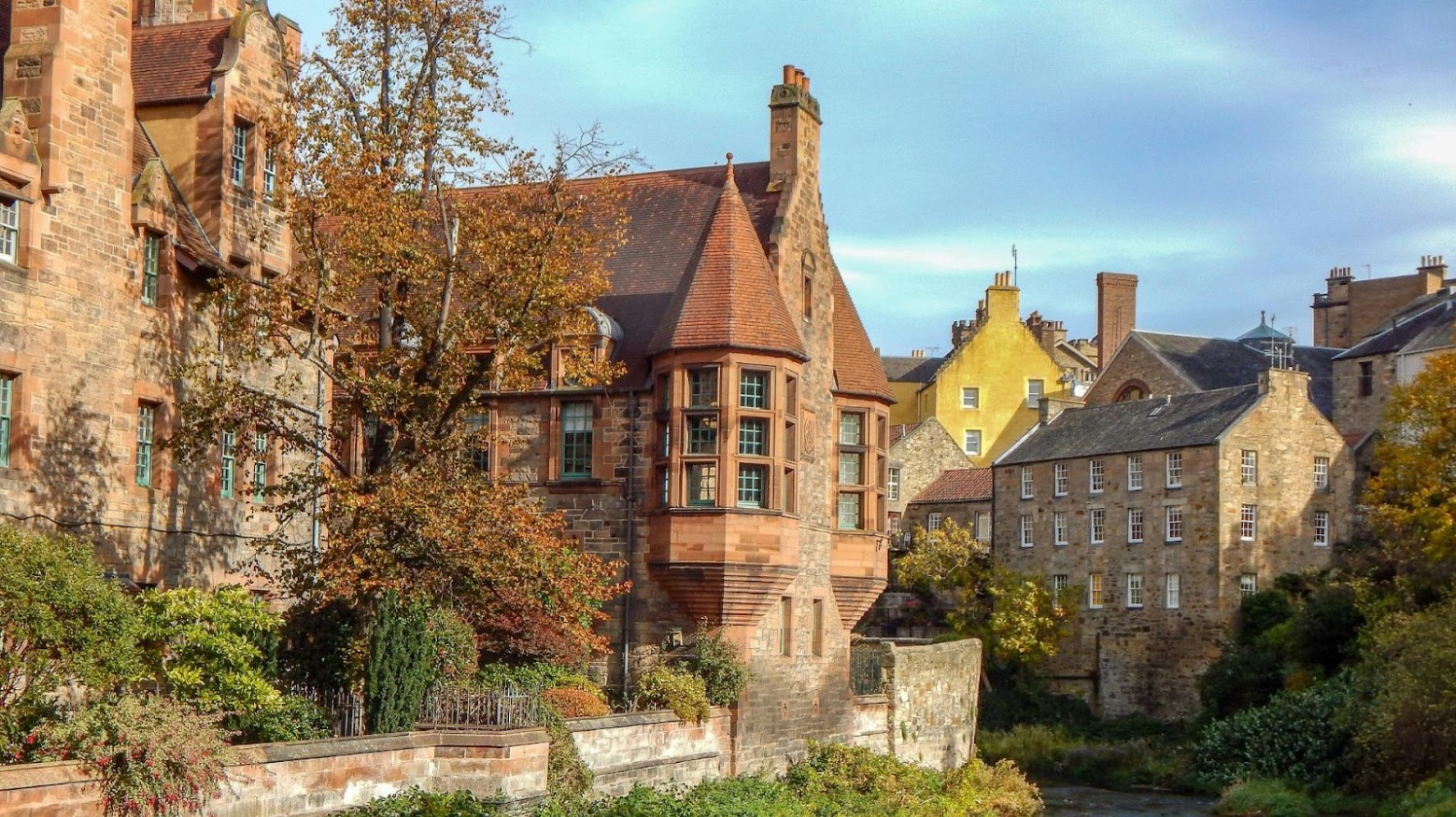
The Hate Crime and Public Order (Scotland) Act will allow the courts in the country to put people in jail if they say, write, or post something that could “stir up hatred” against minorities and protected groups.
This means that someone who speaks cruelly of people because of their disability, race, gender identity, or religion could face criminal charges. The court can then sentence this person to up to seven years in jail.
What Critics Are Saying

Immediately, many in Scotland came out against this bill. According to these critics, this legislation will make it incredibly difficult for people to continue having the freedom to speak in Scotland.
These critics believe that the bill is intended to target anything that someone says that may be controversial. They claim many people may live in fear over this so-called draconian law.
Legislators Push Back on Criticism

Scottish policymakers that are in support of the act have since pushed back on this criticism. Humza Yousaf, the First Minister of Scotland and the Leader of the Scottish National Party (SNP), has claimed critics are wrong about what they’re saying the act will do.
According to Yousaf, the act will not prevent any expression of potentially controversial views. The act will only allow the courts to go after people who say things that are expressed “in a threatening or abusive way that is likely or intended to stir up hatred.”
Is Freedom of Speech Protected?

One of the main concerns over this law deals with the freedom of speech in Scotland. Those who oppose this bill have stated that it interferes with one’s freedom to speak as they’d like with no fear of repercussion.
Supporters of the law counter this and have stated that the law doesn’t do this. Instead, they have said freedom of speech is still protected. The bill only goes after hate crimes.
Conservative Scottish Leaders’ Opinions
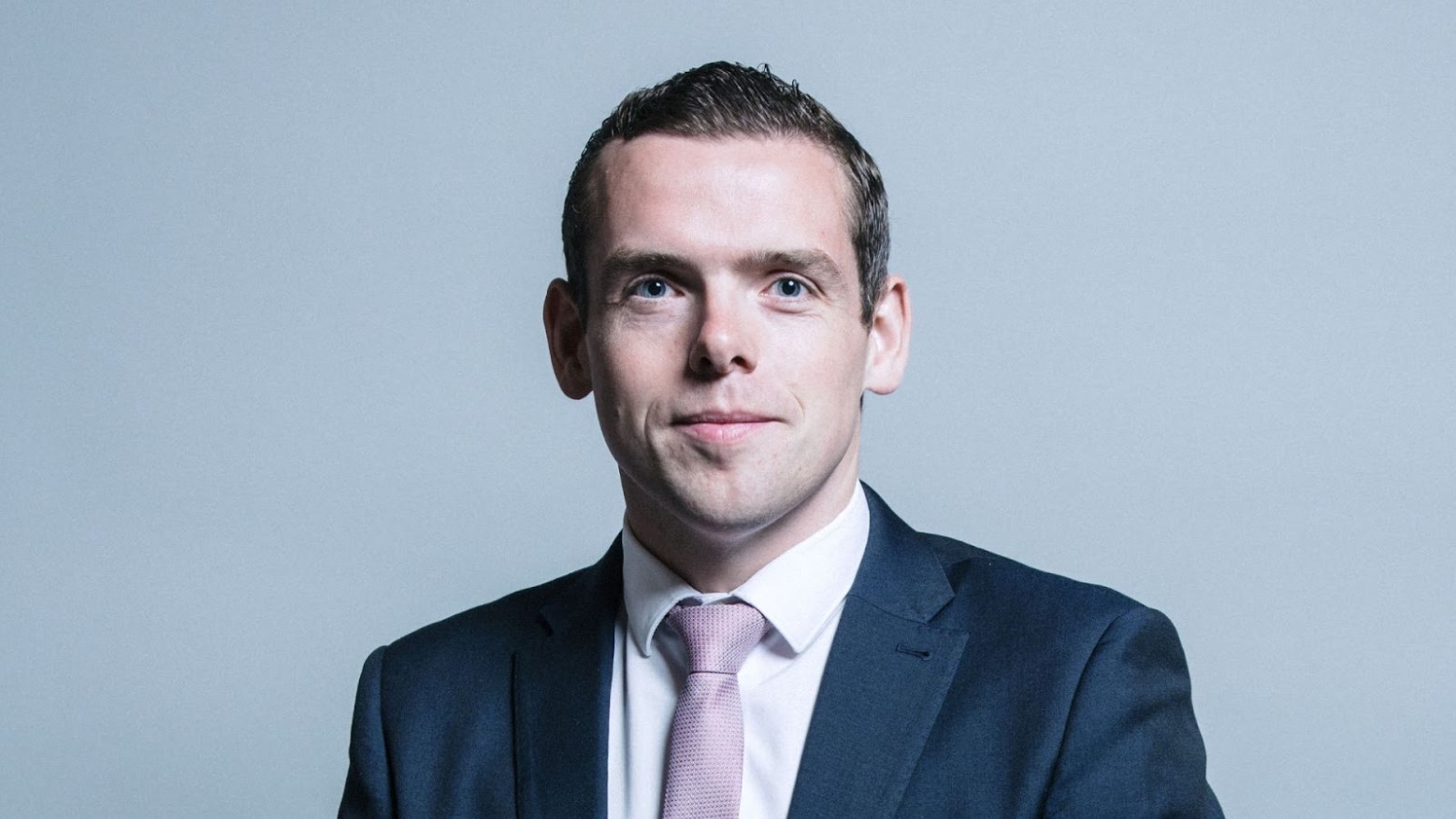
Many leaders in the Conservative parties in Scotland have been against this law from day one. Douglas Ross, the Scottish Conservative leader, has said that innocent people could end up investigated.
“People like J.K. Rowling could have police at their door every day for making perfectly reasonable statements,” Ross said.
J.K. Rowling and Current Backlash
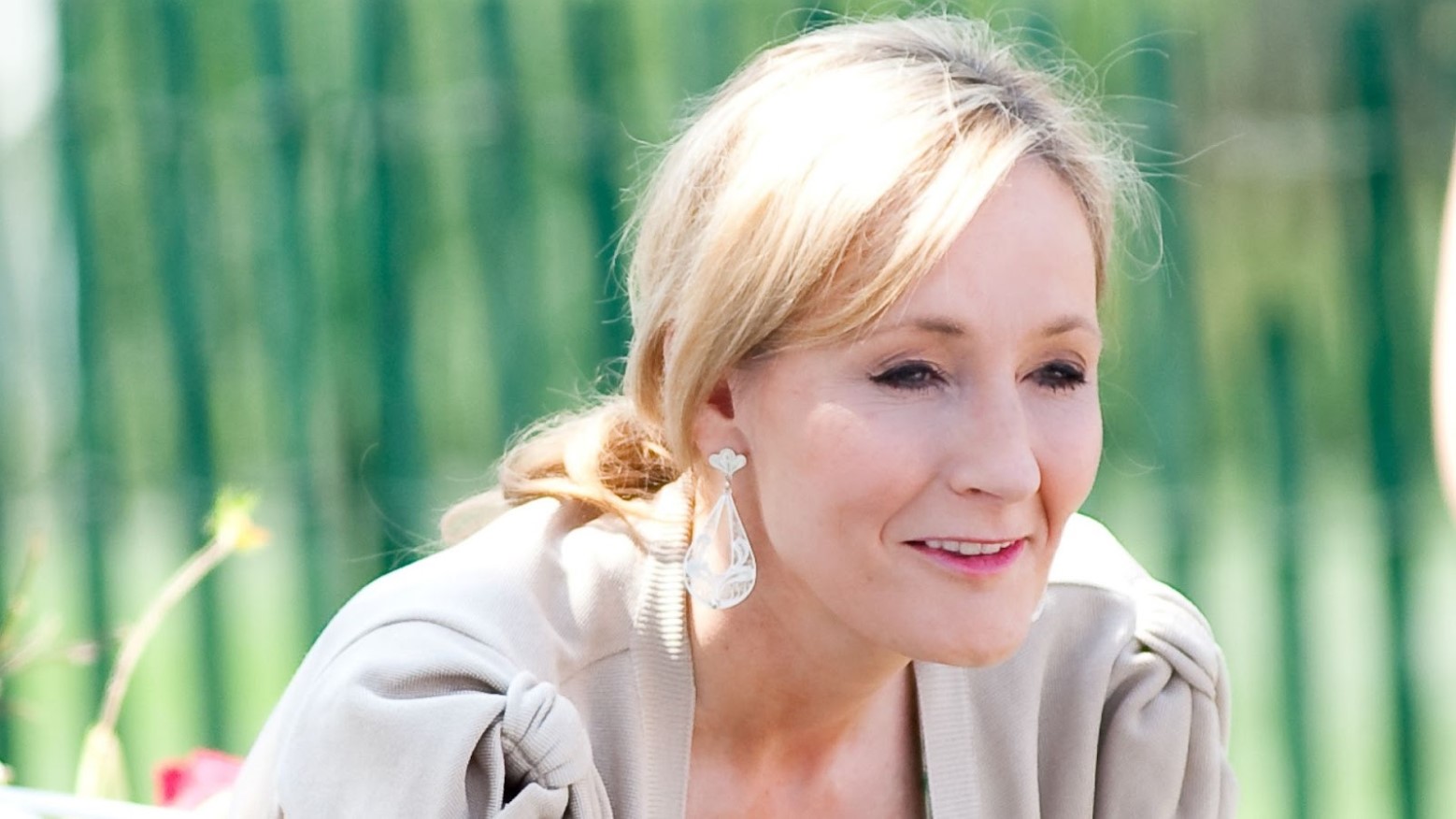
For the last few years, Harry Potter author J.K. Rowling has faced massive backlash from her former fans over comments she has made about transgender people.
Though Rowling is aware of the backlash, she hasn’t stopped her controversial claims about transgender people — even after some in the Harry Potter cast publicly disagreed with her. These comments have resulted in more conservative people, such as Ross, backing her.
Rowling and the Police
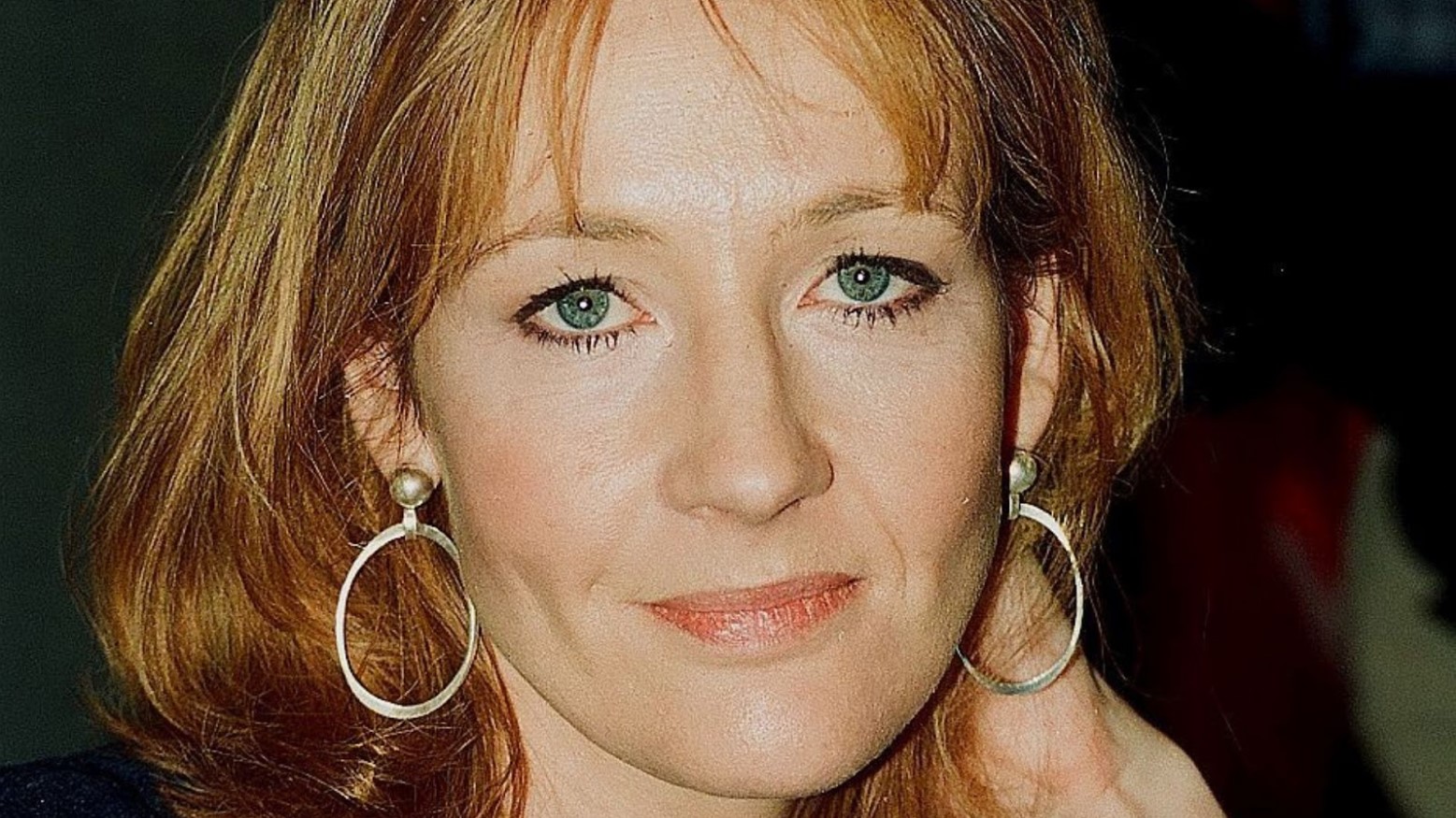
Late last year, Rowling stated she would “happily” do prison time because of her transgender views. A few weeks ago, Rowling had her first run-in with the law over her views after India Willoughby, a transgender broadcast reporter, reported Rowling to the police.
According to Willoughby, Rowling misgendered the presenter. While this was reported, the police chose not to act or continue any investigation into Rowling’s comments.
The Beginning of Legal Issues

However, critics of this law have said that Rowling’s recent almost run-in with the police is just the beginning of what her legal issues could become. The same could go for everybody else in Scotland, according to these detractors.
Rowling currently lives in Edinburgh, Scotland. Therefore, she may continue to face difficulties under this new law, if the police decide to pursue this type of legal action.
Rowling’s Latest Challenge

Though Rowling has long been critical of this new law, she recently took things up a notch by challenging the police to arrest her on social media.
This challenge came after Rowling blasted the law again, saying it was “wide open to abuse.” Rowling then posted a list of both transgender sex offenders and trans women activists, saying they were all “men, every last one of them.”
Public Outrage Over Rowling’s Post

Rowling’s post was quickly met with public outrage from trans activists and allies throughout Scotland. However, the author wasn’t deterred by this shock at all.
In her initial post, she even challenged the police to arrest her. She said, “I’m currently out of the country, but if what I’ve written here qualifies as an offence under the terms of the new act, I look forward to being arrested when I return to the birthplace of the Scottish Enlightenment.”
Police Response
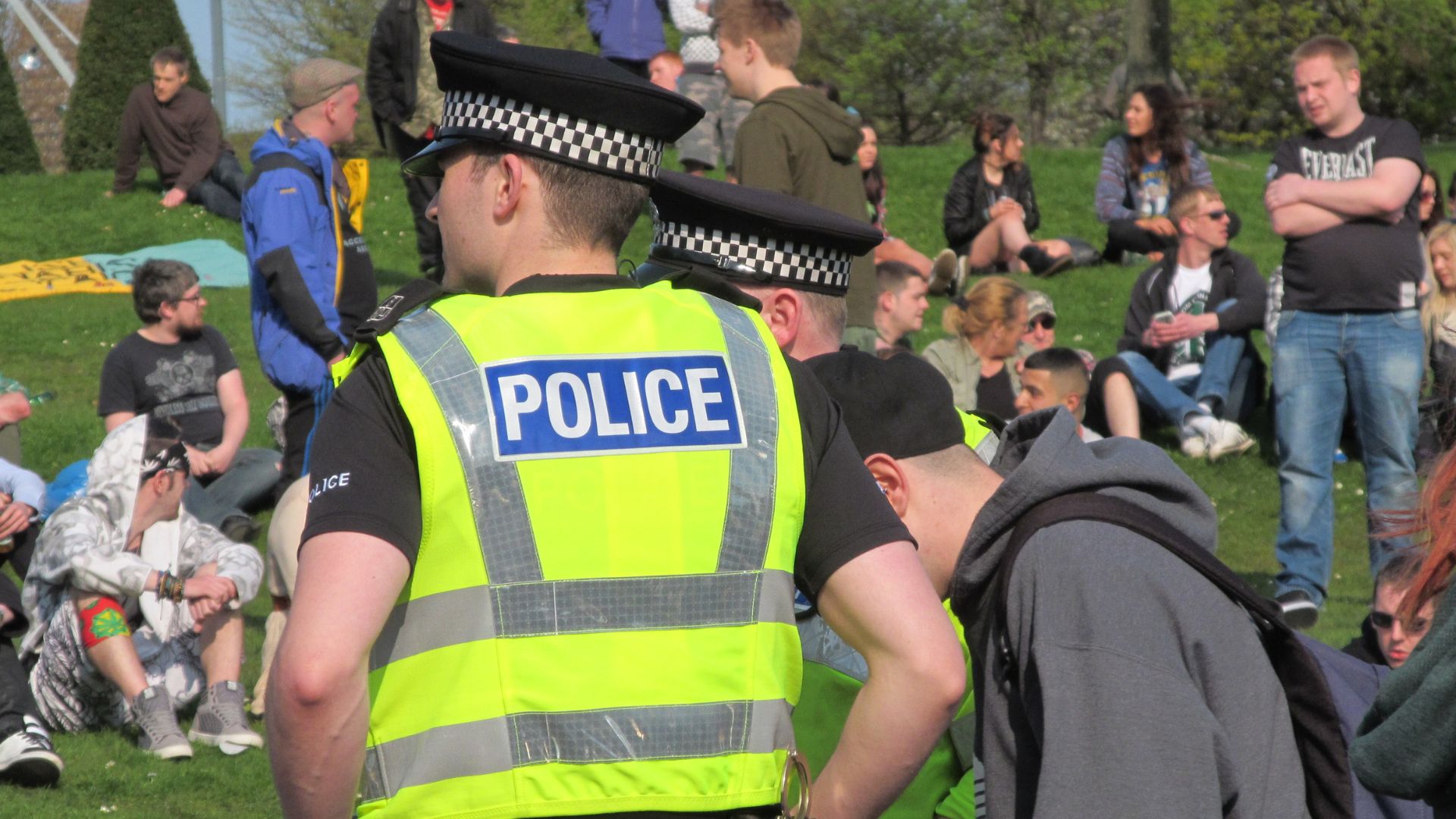
Immediately, many wondered if Rowling’s comments would indeed result in police action. Though it took a few hours for Scotland Police to respond, they did calm down the masses.
The police will not be investigating Rowling’s comments, even if people do find it to be hate speech. In a statement, Police Scotland said, “The comments are not assessed to be criminal and no further action will be taken.”
Rowling’s Response
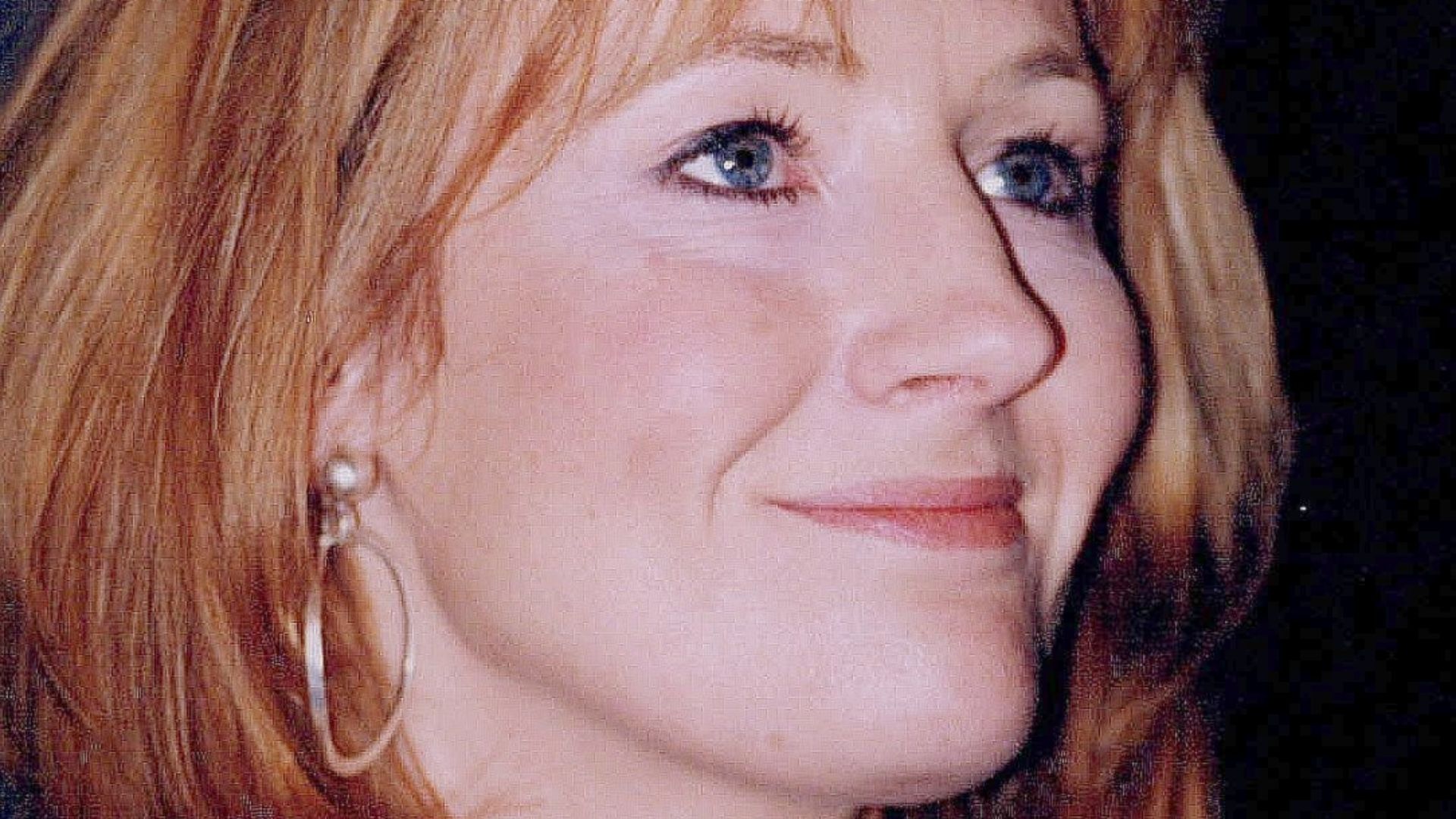
Rowling quickly responded to the Scottish police declaring that they wouldn’t be investigating her comments further.
“I hope every woman in Scotland who wishes to speak up for the reality and importance of biological sex will be reassured by this announcement, and I trust that all women — irrespective of profile or financial means — will be treated equally under the law,” Rowling said.
Complaints vs Criminal Action
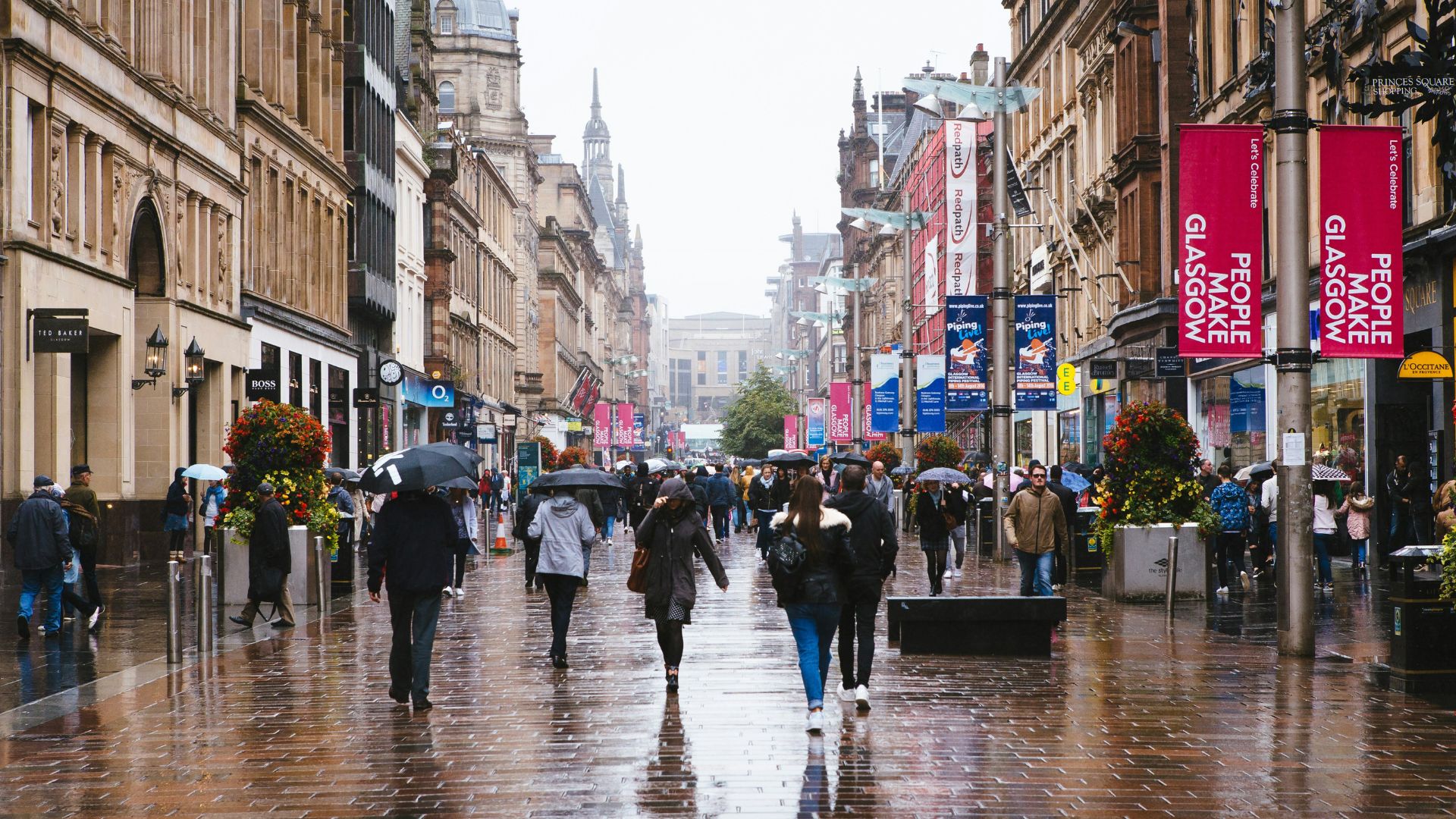
Rowling’s latest controversy has put Scotland’s new hate crime law back in the spotlight. However, it could be proof enough that supporters of this legislation have been right all along — it will not attack freedom of speech.
Instead, police will only go after hateful speech that encourages violence against certain protected groups. After all, Rowling received many complaints from people after her latest comments, though the police refused to act on it because it wasn’t criminal.
Racist Graffiti
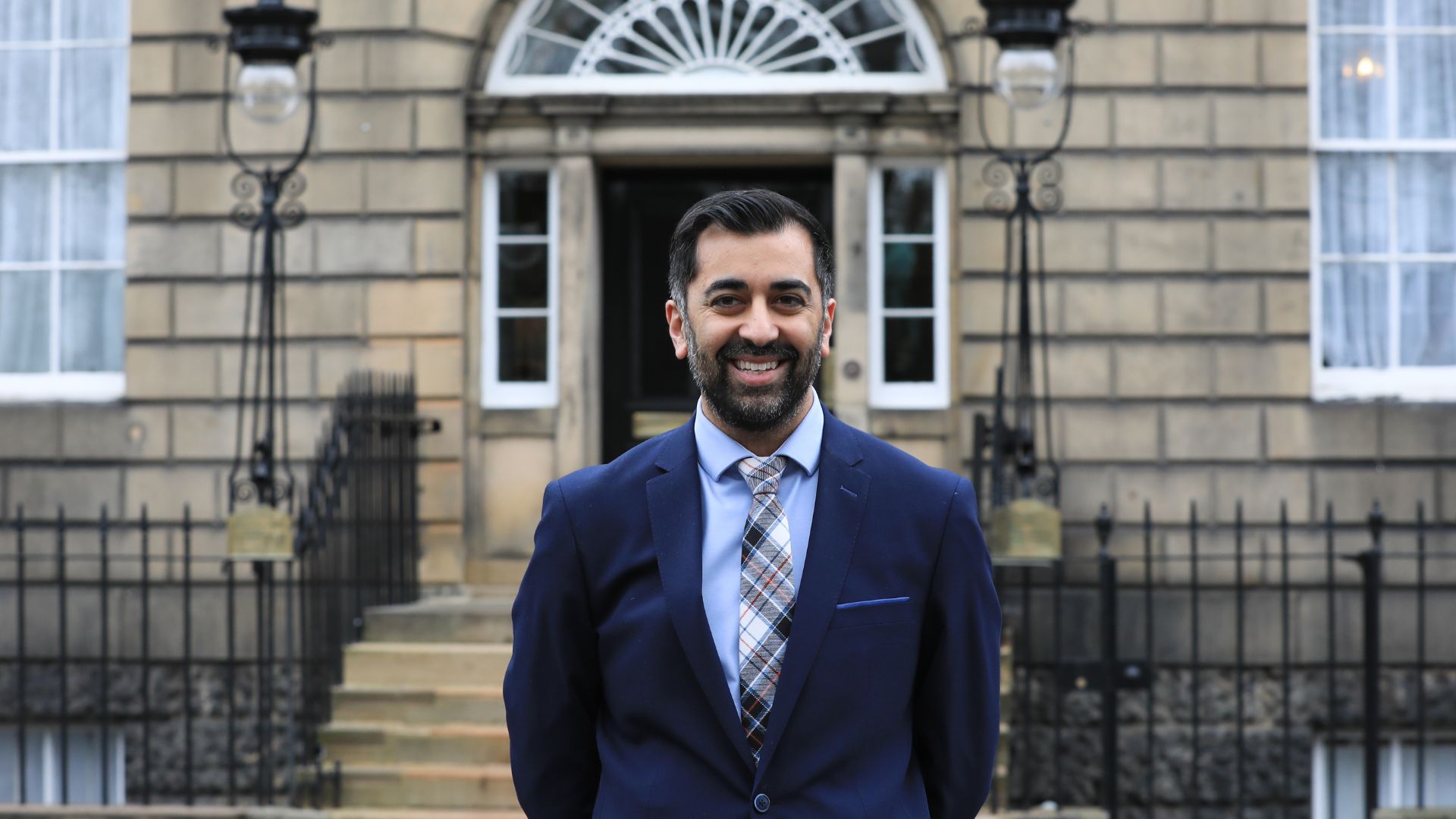
While the Scottish police won’t be pressing charges against Rowling, they did announce that they were looking into a criminal act after someone created racist graffiti.
This graffiti contained a racial slur and was found near Yousaf’s Broughty Ferry family home. Police have since confirmed that it has been complained about under this new law.
Yousaf’s Response

Yousaf has since come out to talk about this racist graffiti, explaining that the law he supported was created to protect people from hate crimes like this.
Yousaf also talked about how this incident has impacted his family. “I do my best to shield my children from the racism and Islamophobia I face on a regular basis. That becomes increasingly difficult when racist graffiti targeting me appears near our family home,” he wrote on X.
Officials’ Ongoing Fights
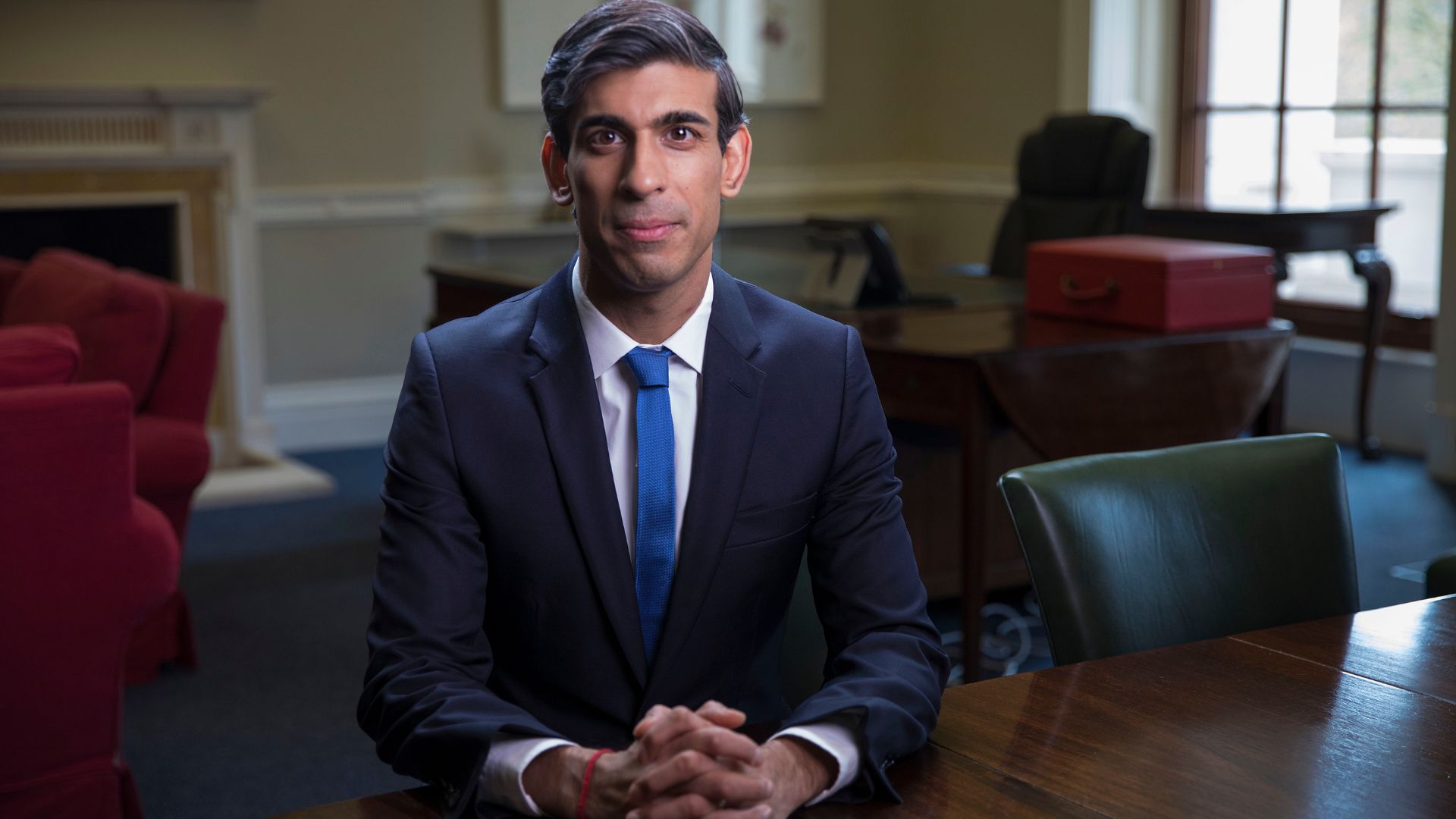
Since this latest Rowling incident, more officials have publicly sparred about the Scottish law — and whether it’s a good thing or bad. Often, the law is discussed when also talking about transgender rights.
For example, Rishi Sunak, the Prime Minister of the United Kingdom, has come out in support of Rowling. Though he said he wouldn’t comment on police matters, he also said that “nobody should be criminalized for saying commonsense things about biological sex.”
The Other Side’s Response

Those in support of the law have already called out Sunak for his comments. Robbie de Santos, the director of campaigns and human rights at Stonewall, is one such critic.
“The prime minister and high-profile commentators are simply incorrect when they suggest that misgendering or ‘stating facts on biology’ would be criminalized,” de Santos explained.
Criminalizing Criticisms

Those who support the law have long stated that it won’t go after free speech. Instead, it will only go after hate speech that is made to create violence towards protected peoples and groups. De Santos furthered this idea.
“This is no more true than stating that the existing law has criminalized the criticism of religion. This kind of misrepresentation about the act and its purpose only serves to trivialize the very real violence committed against us in the name of hate,” de Santos stated.
Performers Will Not Be Targeted

The supporters of this act have come out and stated that performers, or those participating in art, will not be targeted for anything controversial they may say while performing.
Yousaf amended the legislation to ensure that performers and artists do not have the possibility to be charged. However, critics still say this doesn’t do enough.
Leaked Police Training

This situation was made worse when police training material was leaked. This leaked information showed that the police would target performers, even though Yousaf stated this wouldn’t be the case.
As a result of all of these concerns and confusing statements, there is a worry many artists won’t willingly want to come to perform potentially controversial pieces in Scotland.
Police Could Be Swamped

Conservative Leader Ross has also claimed this new law could soon end up leaving the police force throughout the country completely swamped. They’ll have much more alleged crimes and cases to look into.
How this law will play out — and whether it will truly result in these critics’ fears coming true — remains to be seen. In the next month, once the law goes into effect, the Scottish public will be able to see how this may impact their future.
Who Decides What Hate Speech Is?

Many critics of this hate speech legislation also have concerns about who, exactly, decides what is considered violent hate speech. According to the law, a hate crime could occur if someone “reasonable” views it as “threatening or abusive.”
However, people have varying points of view. What one person sees as threatening, another may not. Thus far, it appears the police will be the first to decide what is hate speech, while the courts will later have to either confirm or deny the police’s view.
Further Criticisms of the Law
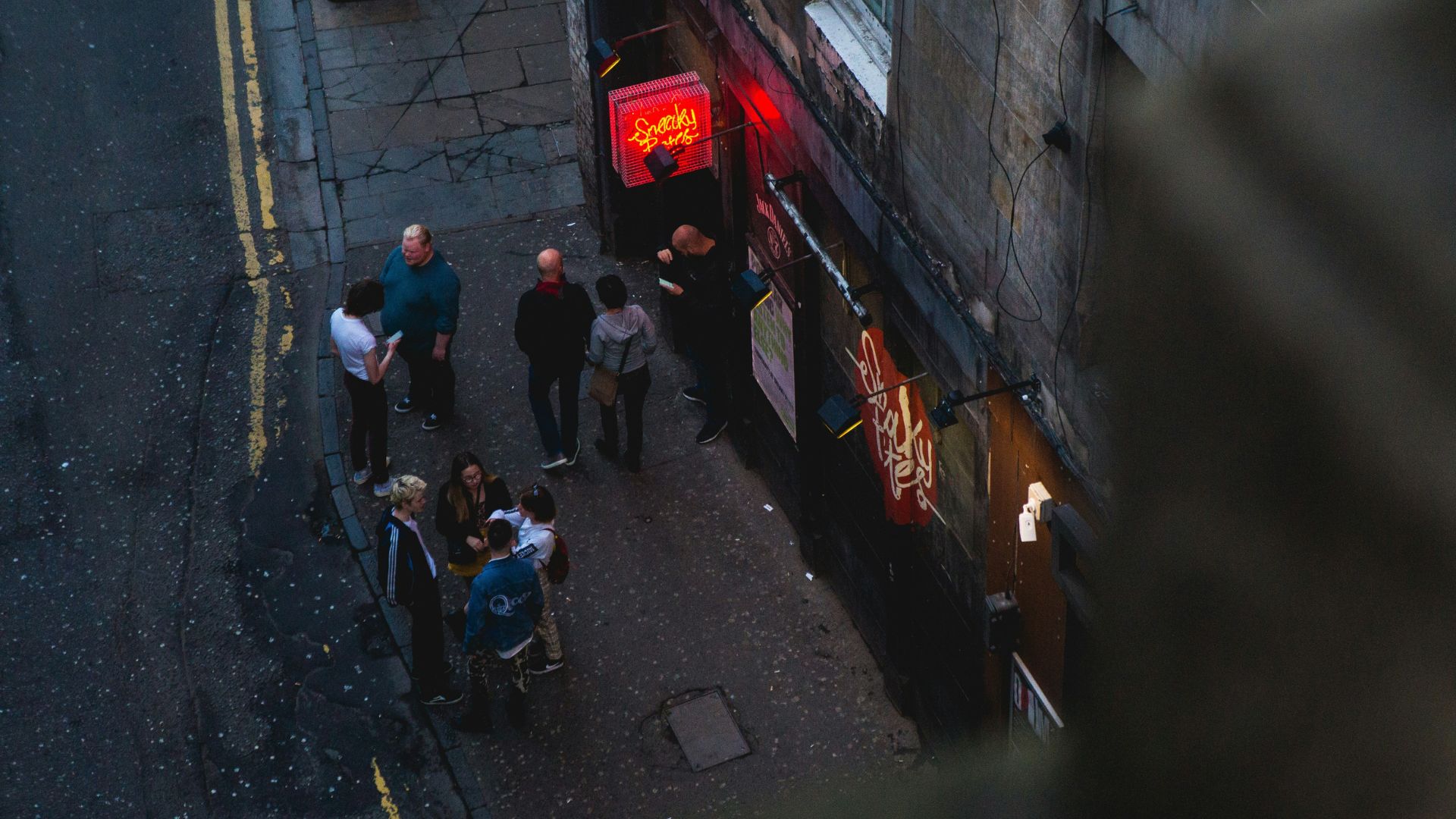
There are boundless criticisms of this new law — for a variety of reasons. But even those in support of criminalizing hate speech have issues with this legislation, mainly because it does not extend to women.
Women are not a part of the protected groups in this law. Therefore, if someone makes a violent speech or post about women, they will not be prosecuted under this law. In response to this criticism, Scotland’s government has stated they will create a misogyny bill.
